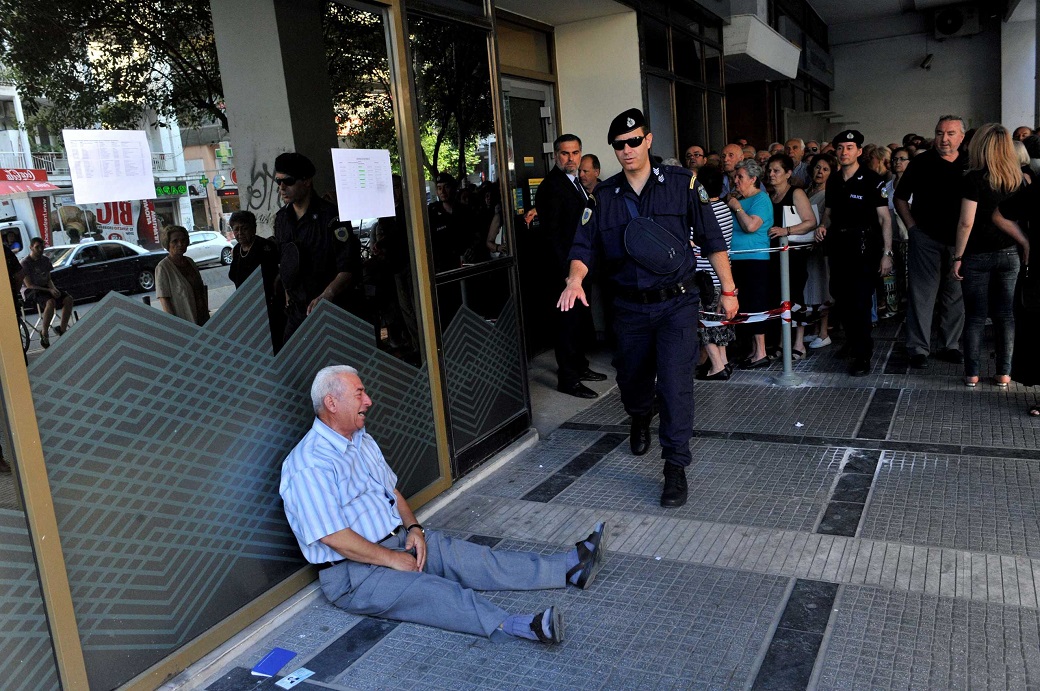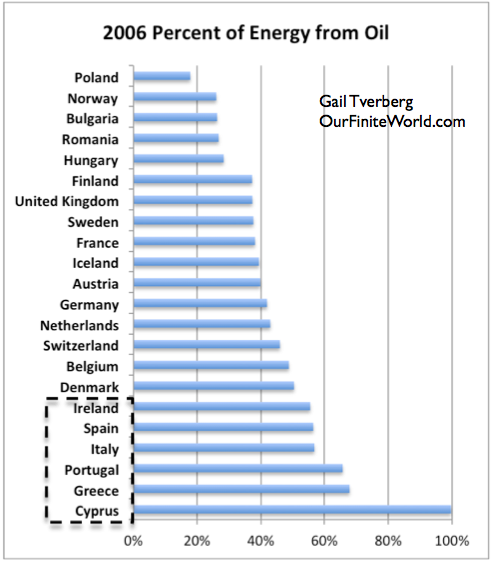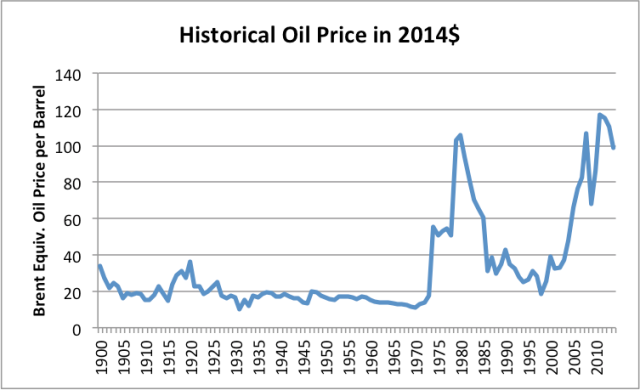Papering over the structural imbalances in the Eurozone with bailouts or bail-ins will not resolve the fundamental asymmetries in trade.
Beneath the endless twists and turns of Greece’s debt crisis lie fundamental asymmetries that doom the euro, the joint currency that has been the centerpiece of European unity since its introduction in 1999.
The key imbalance is between export powerhouse Germany and its trading partners, which run large structural trade and budget deficits, particularly Portugal, Italy, Ireland, Greece and Spain.
Those outside of Europe may be surprised to learn that Germany’s exports ($1.5 trillion) are roughly equal to the exports of the U.S. (1.6 trillion), and compare favorably with China’s $2.3 trillion in exports, given that Germany’s population of 81 million is a mere 6% of China’s 1.3 billion and 25% of America’s population of 317 million.
German GDP in 2014: $3.82 trillion
Chinese GDP in 2014: $10.36 trillion
U.S. GDP in 2014: $17.42 trillion
Germany’s dependence on exports places it in the mercantilist camp, countries that depend heavily on exports for their growth and profits. Other (non-oil-exporting) nations that routinely generate large trade surpluses include China, Taiwan and the Netherlands.
While Germany’s exports rose an astonishing 65% from 2000 to 2008, its domestic demand flatlined near zero. Without strong export growth, Germany’s economy would have been at a standstill. The Netherlands is also a big exporter (trade surplus of $33 billion) even though its population is relatively tiny, at only 16 million. The “consumer” countries, on the other hand, run large current-account (trade) deficits and large government deficits. Italy, for instance, runs a structural trade deficit and its total public debt is a whopping 137% of GDP.
Here’s the problem when debtor/importer eurozone members such as Greece go broke and default: Who is left standing to buy all the mercantilist exporters’ goods? Ultimately, much of those goods were purchased with debt, and when debtor nations default, the credit spigot is turned off: no more borrowing, no more money to buy Dutch, German and Chinese exports.
…click on the above link to read the rest of the article…












